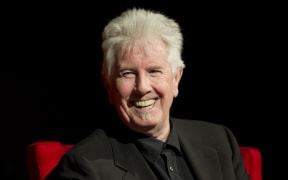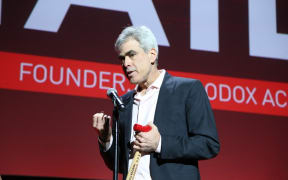Sunday Morning for Sunday 12 June 2022
8:11 Al Gillespie: China's influence in the Pacific not all bad
It’s been a week of brutal fighting in the east of Ukraine, with one military commentator telling the BBC that Russia spending a whole day taking a paddock’s worth of territory is something akin to the trench fighting in the First World War.
Closer to home, China’s increasingly visible presence and desire to showcase its strategic reach in the Pacific has intensified concerns about its growing influence in the region. The US, meanwhile, remains similarly determined to assert itself.
However, Waikato University’s Professor of International Law Al Gillespie says China's presence in the Pacific need not be seen entirely negatively. He argues that - in the right circumstances - "Chinese assistance can have a positive impact on economic and social outcomes in recipient countries".
Professor Gillespie, author of the multi-volume The Causes of War and The History of the Laws of War, joins the show to discuss these stories.
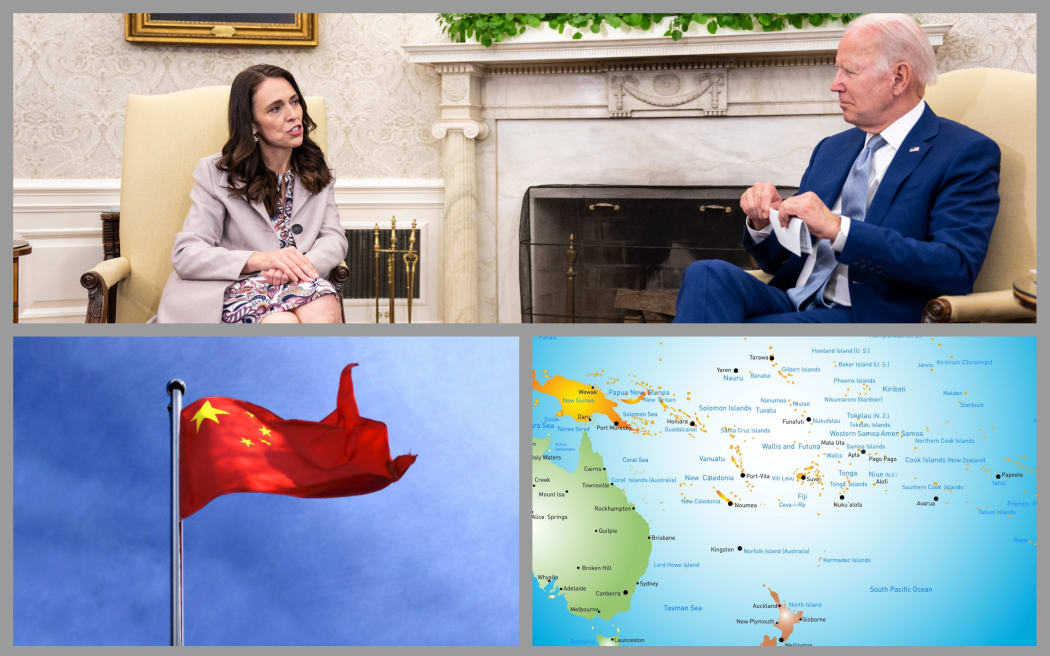
The leaders of New Zealand and the US acknowledge they need to work harder in the Pacific, as China seeks to exert greater influence. Photo: RNZ, Pixabay
8:26 Calling Home: Holly Mathieson in Glasgow/Nova Scotia
Dunedinite Holly Mathieson is technically based in Glasgow but for the past two and a half years she has been commuting to Halifax, Nova Scotia to act as the Music Director of Symphony Nova Scotia, one of Canada's top pro symphony orchestras.
The celebrated orchestra conductor and husband Jon Hargreaves are back in Glasgow at the moment - they own a traditional Glaswegian tenement right in the centre of the city - and they're about to have their first baby.
Holly and Jon work together at times and are co-founders of one of Scotland's most innovative musical groups, the Nevis Ensemble ('Scotland's Street Orchestra'), which brings music to the people and unusual places across the country.
She's Calling Home this morning.
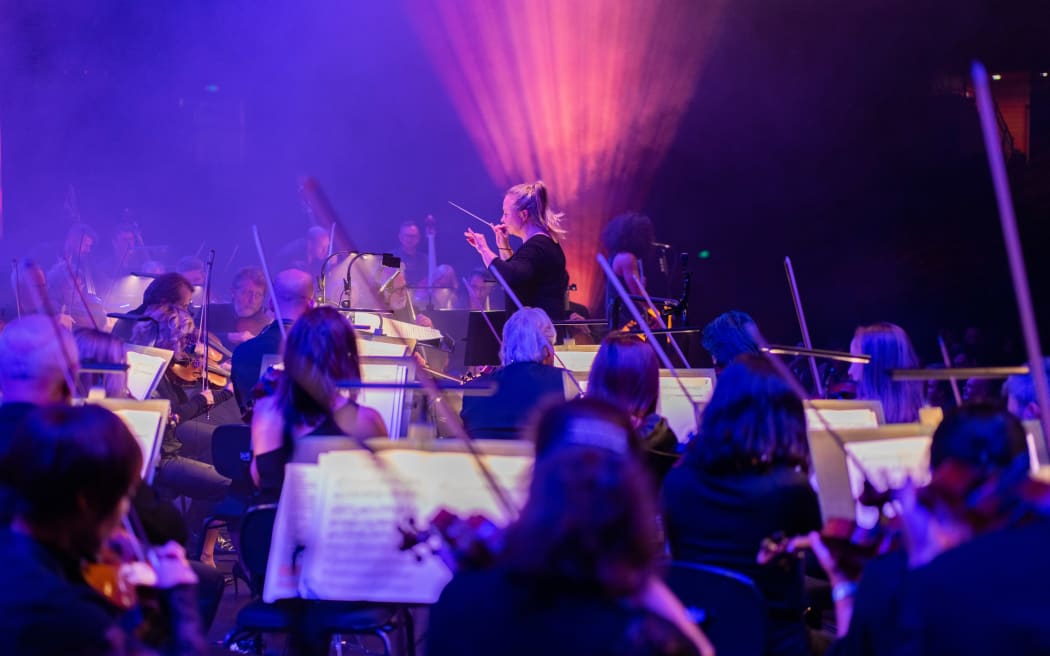
Conductor Holly Mathieson with the NZSO and metal band Alien Weaponry in 2021 Photo: Latitude Creative
9:06 Mediawatch
Mediawatch looks at why a new law to protect whistleblowers won't have their back if they go to the media. Also: how a major miscarriage of justice hit the headlines this week - and plans to slow down speed limits on city streets getting an angry reaction.
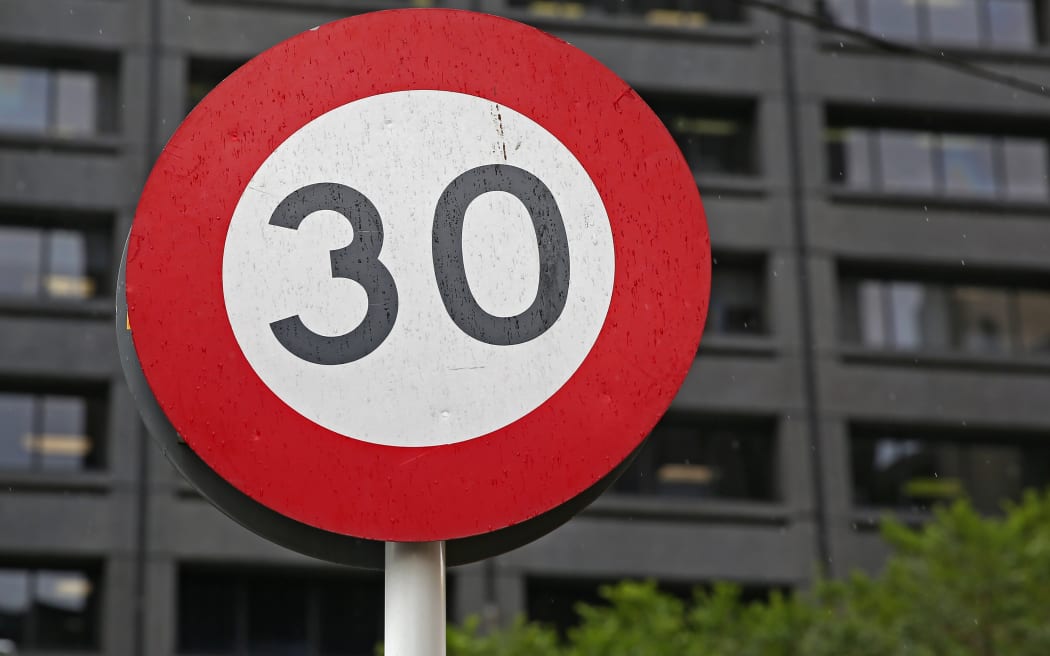
Generic traffic sign 30km in Wellington. Photo: RNZ / Alexander Robertson
9:37 What you eat could be stopping your medicines working
Most of us know that grapefruit shouldn't be taken with certain drugs because it lessens their potency.
Now, researchers at the University of Wisconsin's Medical School have suggested that some artificial sweeteners could affect the way the body metabolises particular drugs, including antibiotics, antidepressants and antivirals.
The lab-based study showed that the artificial sweeteners (sucralose and acesulfame potassium) disrupted the function of a protein in the liver that helps remove toxins and drugs from the body.
Joining us to discuss the study is Registered Nutritionist and Professional Practice Fellow in the Department of Human Nutrition at the University of Otago, Dr Ali Hill.
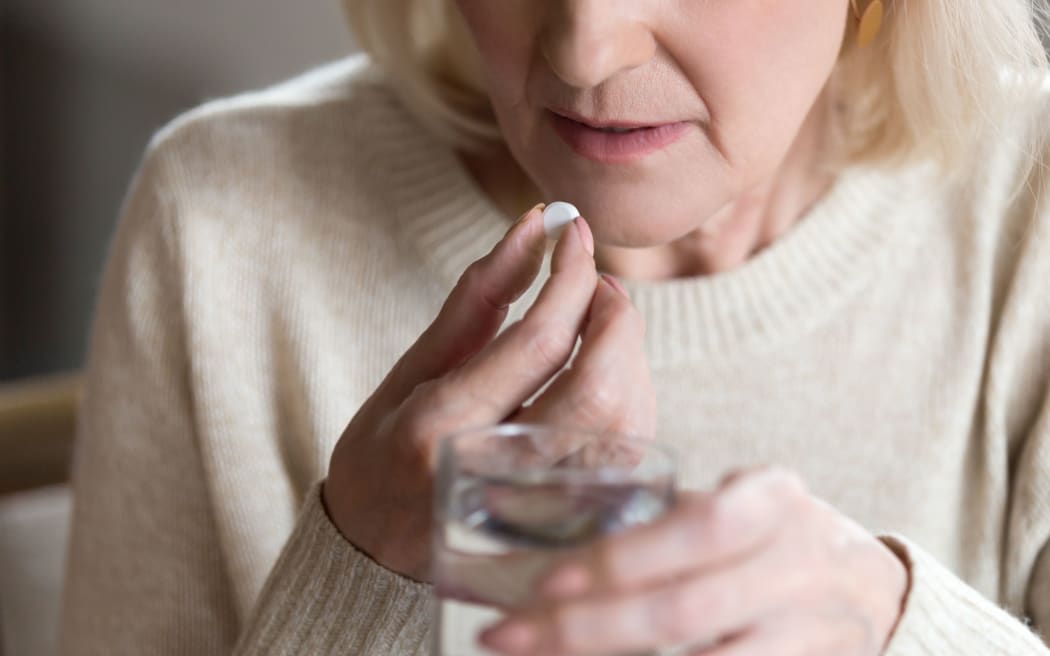
Photo: 123RF
10:06 Graham Nash: 'This is the end of the American empire'
Two-time Rock & Roll Hall of Famer Graham Nash might have recently turned 80, but there appears little chance of him slowing down after more than half a century in the professional music industry.
A founding member of pop group the Hollies and part of the groundbreaking British-American folk rock supergroup, Crosby, Stills and Nash, the octogenarian has recently published a book of his photography, recorded a live version of his first two solo albums, and just completed a sold-out 22-show tour. And he continues to run his fine printing studio, Nash Editions.
Not even the pandemic could halt Nash's progress. He used his months in lockdown to record a new solo album, done remotely, and work with Hollies co-founder Allan Clarke on his solo album.
Nash joins the show to discuss his incredible musical journey and why so many of his iconic protest songs from decades ago are still completely relevant in 2022.
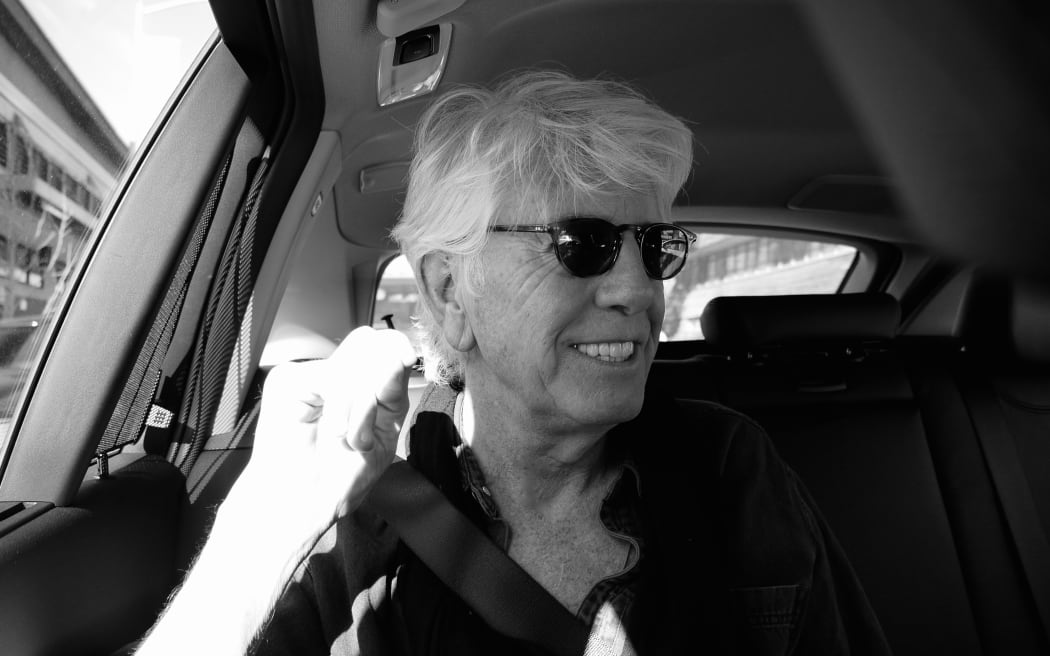
Musician Graham Nash has recently turned 80 but shows no signs of slowing down anytime soon. Photo: Amy Grantham
10:38 Can your height increase your risk of some diseases?
If you're taller than average, your genes may affect your risk for a variety of diseases, a new study suggests.
Scientists from the Rocky Mountain Regional VA Medical Center found that height is linked to more than 100 clinical traits and medical conditions.
Past research has shown a taller person may be at a greater risk for diseases such as Alzheimer's disease and heart disease, while a shorter person is at higher risk for type 2 diabetes.
We're discussing this new study and weight loss drugs this morning with Professor Jeremy Krebs, who is an endocrinologist with the University of Otago, Wellington.

Photo: 123RF
11:05 Why you end up crying, even when you're not sad
Ever found yourself with tears running down your cheeks after a seemingly minor incident or experience? One of those 'I don't even know why I'm crying' moments.
It's probably just a result of your prefrontal cortex becoming overwhelmed, like a computer that has too many programmes running at once.
The more stressed and tired we are, or if we experience extended periods of physical or emotional pain, the more the sympathetic system (which activates our fight-or-flight response when we perceive danger) remains activated.
Simply put, the brain becomes less able to regulate our emotions in the expected ways.
Hence the tears.
Associate Professor Peggy Kern of the University of Melbourne's Centre for Positive Psychology joins the show to discuss the many benefits of tears.

Photo: creative commons - flickr - Orin Zebest
11:18 The reason why America has become 'uniquely stupid'
Social psychologist Jonathan Haidt says he knows why the last 10 years in America have been "uniquely stupid".
Perhaps unsurprisingly, he is laying the blame squarely on social media platforms like Facebook, Twitter and YouTube.
In a recent essay in The Atlantic, Haidt wrote that it was not Americans who were getting stupid as individuals; rather it's USA's groups and institutions.
Haidt, who is Professor of Ethical Leadership at NYU-Stern, argues that social media is allowing people to intimidate others and make them afraid of public consequences for anything they say. And that makes groups and institutions structurally stupid, because people have stopped dissenting, questioning and challenging.
Professor Haidt joins the show to discuss the essay and how the world has changed for the worse due to the internet.
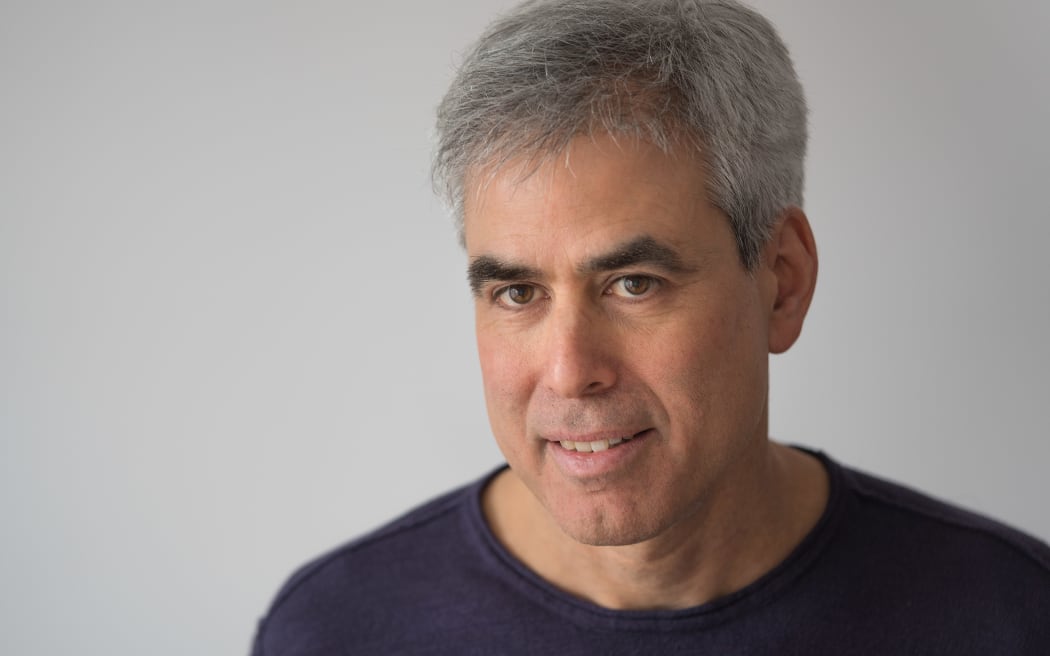
American social psychologist Professor Jonathan Haidt Photo: Supplied/Jonathan Haidt
11:46 Weekend sports wrap with Lavina Good
It's a huge weekend for sport in New Zealand, with this afternoon's netball showdown between the Pulse and the Stars in the ANZ Premiership final set to be today's big ticket event.
Along with the netball, the Black Caps are currently taking part in the second test against England at Trent Bridge, the Warriors play their first game - against the Sharks - under interim coach Stacey Jones this evening, the Super Rugby Pacific semifinals drew to a thrilling close in Auckland last night, and the Black Ferns are playing Canada in a test early this afternoon.
Joining us to cover off all the weekend's big sporting action is sports commentator Lavina Good.

Photo: Photosport NZ



